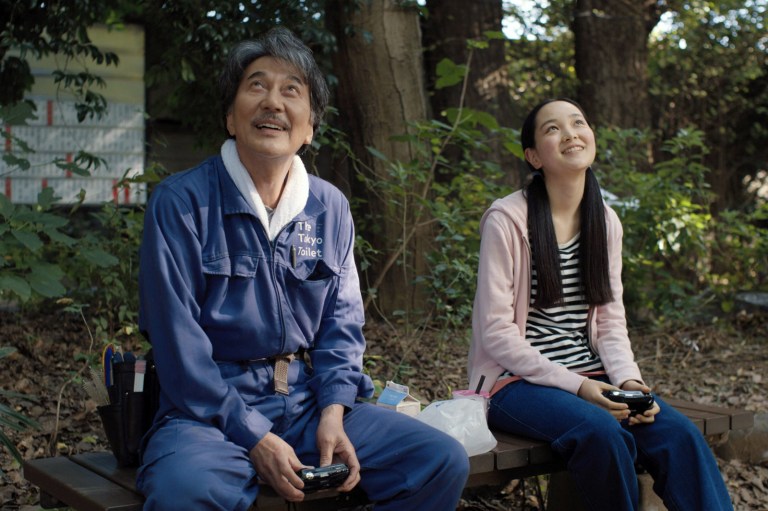9 Ways To Be Healthy Selfish Rather Than Unhealthy Selfless
Healthy selfishness is a concept that many of us grapple with and perhaps truly don't grasp what it exactly means.
Healthy selfishness is a concept that many of us grapple with and perhaps truly don’t grasp what it exactly means. In simple terms, it allows oneself to honor, care for, and nourish within reason; before honoring, caring for, and nourishing others. Many times, we tend to fall on either side of the spectrum as perpetual people pleasers, constant givers, and being too emotionally available. Or on the flipside, we can be self-absorbed, consumed in our thoughts without acknowledging what others are feeling/thinking, and too regimented as anything or anyone that causes a disturbance to our daily schedule is going to deal with our inflexibility. But the middle ground is what gives us the perfect balance of doing for ourselves so in turn we can do for others—from a place of love rather than dysfunction.
1.) Commitment to people, career, and engagements should be thoughtfully considered before entering upon the agreement.
Sometimes it’s the internal and external pressures that push us into relationships and situations that are less than favorable or the fear that if we commit we lose our freedom. Once we decide to commit, it should be for the greatest good of all concerned; especially because we have made the choice to knowingly give it our all. Life is forever changing, we are never truly stuck and in fact, we can make adjustments along the way.
2.) Without a strong foundation of self, there will always be structural damage when trying to construct with someone or trying to construct something.
Picture a house without a floor. There is nowhere to stand, sit, support, and rest upon. The same is true for us; without a solid positive self-image, the slightest storm of life can knock us down. We continue to struggle as we pick up the pieces; that only makes us more broken. By creating an interior sacred space, one is always at home and can choose to welcome others in and embrace new situations with ease.
3.) If we’ve never learned to take care of ourselves, we truly never learn how to care for others and accept the nurture they want to give us.
When we neglect our health, desires, and sacrifice our well-being, we either feel unworthy or we believe others’ needs are more important than ours. We may give out of a place of lack or wanting approval and affection. But after so much give without take, we slowly become depleted and at times resentful. By listening to our needs first, we can give with generosity of soul and receive the same in return.
4.) Learn to say “thank you” when complimented rather than being self-critical in the presence of others and during alone time.
When someone gives a sincere compliment, they want to be heard and validated by a gentle smile and thank you. This is because they have taken the time to see another clearly and want to share a quick yet personal thought. When we negate the compliment by putting ourselves down either due to self-esteem issues or wanting to appear modest, in turn both parties become deflated. By accepting the compliment, we fill ourselves up and make another feel good, too.
5.) Sleep, nourishment, and time for decompression is the key to self-preservation.
Too many times we either skip meals or ingest things that do us more harm than good out of convenience, exhaustion, or particular schedules. We try to occupy our waking hours to the maximum, yet never seem to accomplish what it is we want because we’re muddling along while sleeping with eyes wide open. Our beings require proper care. When we neglect our health and sanity, our systems break down. In the end, we’ll be no use to ourselves or anyone else for that matter.
6.) Say “no” without fear and guilt.
There is a difference when “no” is said because it comes from a place of resistance, one is afraid or perhaps insecure. But when it’s said because what is being asked doesn’t resonate and goes against personal values and/or capabilities, there isn’t authentic desire or not enough energy to give, the person who asked for a response will be more inclined to appreciate the sincerity.
7.) Say “yes” with decisiveness and wholeheartedly.
When we say “yes” to please, to receive accolades that may never even come, and because we try to do the “right thing”, yet it may in fact truly be the “wrong thing” that goes against our grain, we are doing a disservice to ourselves and others. Certainly there are many roles of various responsibilities in our daily life that require our attention and commitment. But if we have more flexibility in choosing what it is we say “yes” to, we can do so while being content of heart and mind because we have taken ownership for our decisions.
8.) No one has the right to infringe on our happiness, as we don’t have the right to infringe on other’s happiness, too.
When we allow others to dictate our happiness, well-being, and life choices that come from a place of fear and control rather than giving permission to someone to enter our personal interiors because we choose to do so, we will never truly be fulfilled and at peace. The first step to reclaim ourselves is being self-possessed and not turning our power over to others. But it’s a two way street as we shouldn’t attempt to control another as well. We are the creators or the destroyers of what we think and feel.
9.) By loving one’s self wholly, we are able to give and receive love in the most natural and satisfying ways. By self-loathing one’s self, we become numb, closed off, and seek to love only on condition.
What feels better? This is simply our choice to make, as it will change our experiences of how we live in and interpret the internal world within us and the external world around us. ![]()











